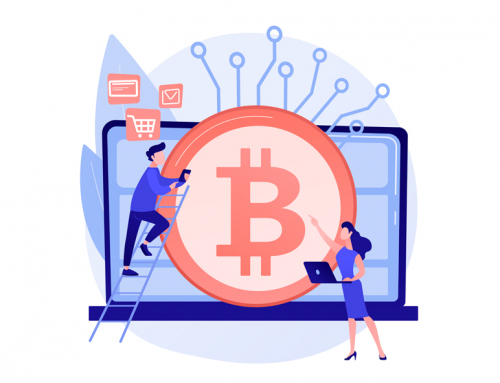The rise of bitcoin is a fact and even hovers over resources such as gold, which sees this intangible value, easy to transmit, without a trace, endangered. Even traditional banks are entering the bitcoin ecosystem, allowing their purchase and sale.
It is clear that the use of retail bitcoin is on the rise and will soon be able to overshadow other systems. Basically because the last or least of the biases between retail and online sales is the traceability of payments. If we live in a society where purchases and sales in B are so common that in many environments they do not offer any type of payment other than in cash, “…the reader does not work…”, “…the system does not seem to go…”, “…there is no internet…”, bitcoin allows something similar to be done in online sales: avoid the trace. Furthermore, there is a whole catalogue of crypto-currencies, which will grow, whether governments want it or not, and this will be the next great fiscal battle. Not the so-called Google tax or the search for undeclared income, but the impossibility of controlling the means of payment that people use. Facebook’s attempt to use its own currency threw it against the wall of payment control, and put it on the cusp of its own success. But it will be the user, that anonymous voter who needs taxes, who, seeking his individual benefit, will increase the buying and selling of something that no one can pursue in a modern digital barter, which will make financial systems estimated and unequal, and not focused on taxing what is seen.
Online shops already use it and is a nice anecdote, in their payment systems, or at least in appearance. How to prove that you have charged in bitcoin? And especially with a generation that loves in virtualism of the “games” and their formats, which is not afraid to invest euros in casino chips, because it is used to the transfer, and where the coupons, discount codes, gift cards from large ecommerce, are the means to increase a promotion or agree a discount. The clear example is Amazon, which offers through many companies, their promotional codes. It’s almost like money, if not money. If it is certain that I will buy at Amazon, and the discount they offer me is not money, it is a discount code for an X amount of Amazon, why not accept it? Now, the cost is Y, with its VAT, and the discount is X, on the purchase of something not subject to tax, without VAT and without possible association with a cost. Is there fraud?






